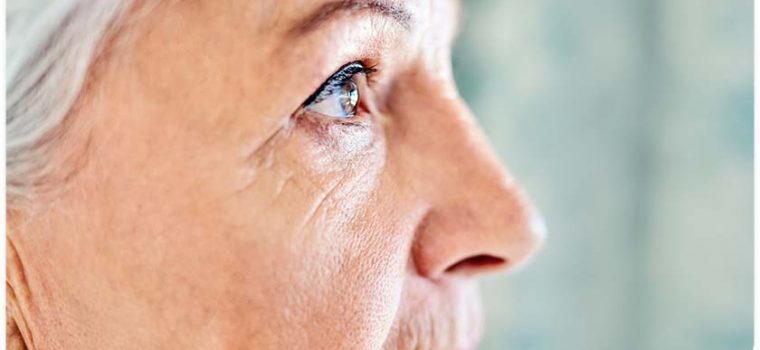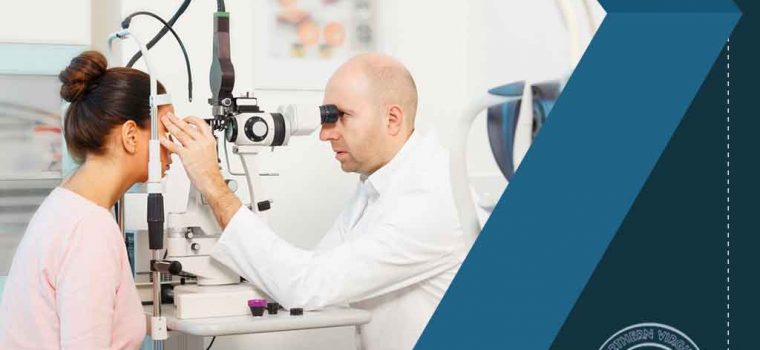Keratoconus is a progressive eye condition where the cornea thins and bulges into a cone shape, leading to distorted vision. Understanding the factors that can increase your risk of developing this condition is crucial for early detection and management. Here are some key factors that may elevate your chances of developing keratoconus.
Why Did My Eye Prescription Change?
If you’ve noticed that your vision has become blurry, or your glasses or contacts no longer seem to be working as well as before, it’s likely that your eye prescription has changed. This can happen for several reasons, and understanding the factors behind the shift in your vision is essential to maintaining your eye health. […]
Age-Related Macular Degeneration: Frequently Asked Questions
Age-related macular degeneration or AMD is a common eye condition that affects older adults. In this blog post, local eye care center Northern Virginia Doctors of Optometry answers frequently-asked questions about AMD.
How to Prevent and Manage Dry Eye in Winter
As the weather gets colder and the air gets drier, you may start to notice your eyes feel more irritated. This is likely due to dry eye, a condition commonly treated by eye doctors. It occurs when your tears cannot provide adequate lubrication for your eyes. Keep reading to learn more about dry eye and […]
Autoimmune Disorders That Can Affect the Eyes
An autoimmune disorder tends to wreak havoc on your immune system, weakening it and leaving your body susceptible to infections. They affect the joints, muscles and nerves, including ones that control eyesight. But with so many of them identified by the medical community, it can be hard to catalog all the possible impacts on your […]
Are Vision Problems Genetic?
From the day you donned your first pair of prescription glasses, you’ve probably been wondering about the very cause of your poor eyesight. Did you not eat enough carrots and leafy greens, or does it all boil down to your mom’s or dad’s genetics?
How Glaucoma Can Cause Low Vision
People with low vision have a significant visual impairment that eyeglasses, contact lenses or even eye surgeries can’t correct. Such conditions include loss of visual acuity, tunnel vision and legal blindness. In a recent survey, about 2.3% of individuals ages 16 and older have low vision.

































